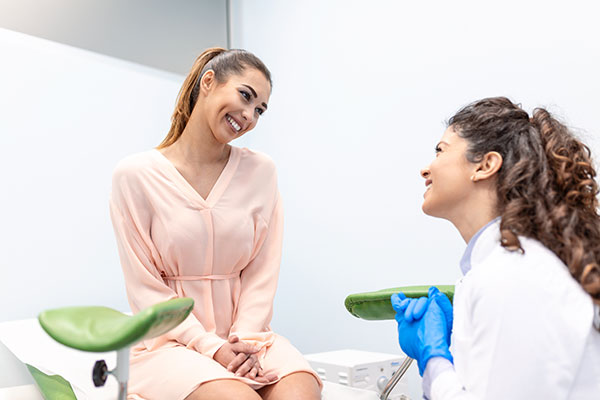4 Facts About Pap Smears

If you are an adult woman, Pap smears are a necessary part of your routine care. While it may be a slightly uncomfortable procedure, it takes just seconds to perform and offers life-saving information. A Pap smear, which is different than a pelvic exam, is a test that can detect abnormal or cancerous cells on your cervix. You may feel slight pressure as your gynecologist gently scrapes cells from your cervix so that they can be sent to a lab for further evaluation and testing.
Even if you have had a Pap Smear before, you may still have questions about this important component of your wellness care as a woman.
Here are four quick facts about Pap Smears that may want to know:
#1 Pap smears do not test for STDs.
Pap smears are only designed to detect cell changes within your cervix. They do not test for sexually transmitted diseases, such as gonorrhea or chlamydia.
#2 You still need a Pap smear, even if you are not sexually active.
Not all cervical cancers come from the sexually transmitted human papillomavirus (HPV), which means you can still have cervical cancer if you are not sexually active.
#3 You may need to reschedule your Pap Smear if you are on your period.
While a Pap smear can be performed during your menstrual cycle, a heavy flow could impact the results. Always let your physician know ahead of time if you will be on your period at your routine visit. It may be best to reschedule your Pap smear.
#4 Women need Pap smears every three years.
Starting at age 21, it has been generally recommended that women get routine Pap smears every three years. Pap smears may be suggested more often if you are at an increased risk for cervical cancer. Guidelines for the recommended Pap smear schedule continues to change with new research, so make sure ask your doctor about when your next Pap smear should take place.
At North Pointe OB/GYN, we take pride in our ability to provide excellent care for women in a comfortable and rewarding environment. Routine Pap smears are just one way that we can stay on top of your health and catch problems at their earliest and most treatable stage. How long has it been since your last Pap? Call our Cumming office today to schedule your appointment.


